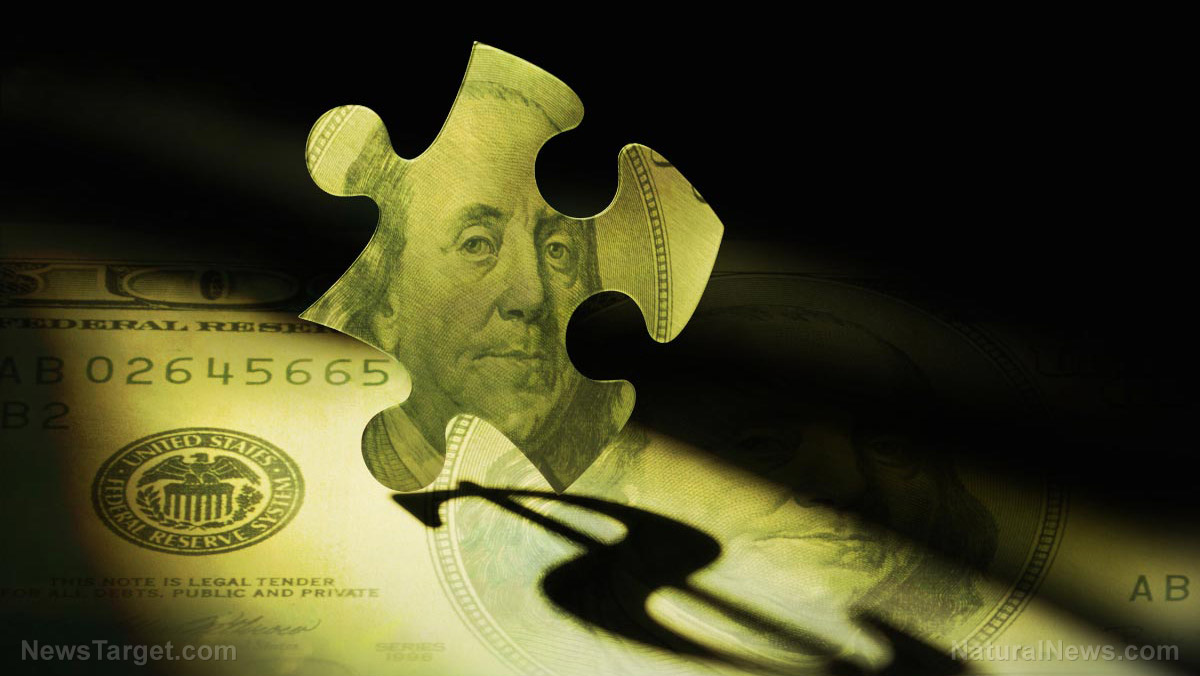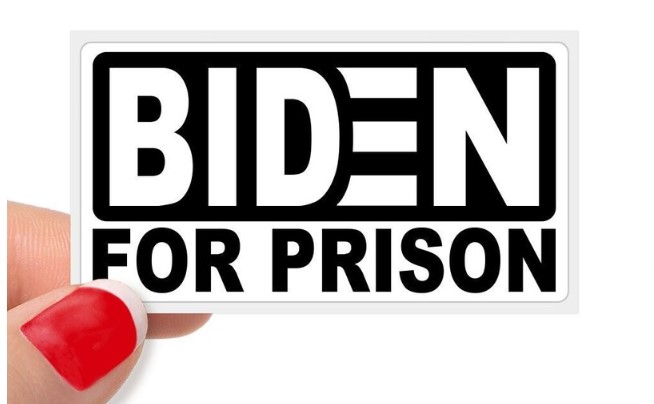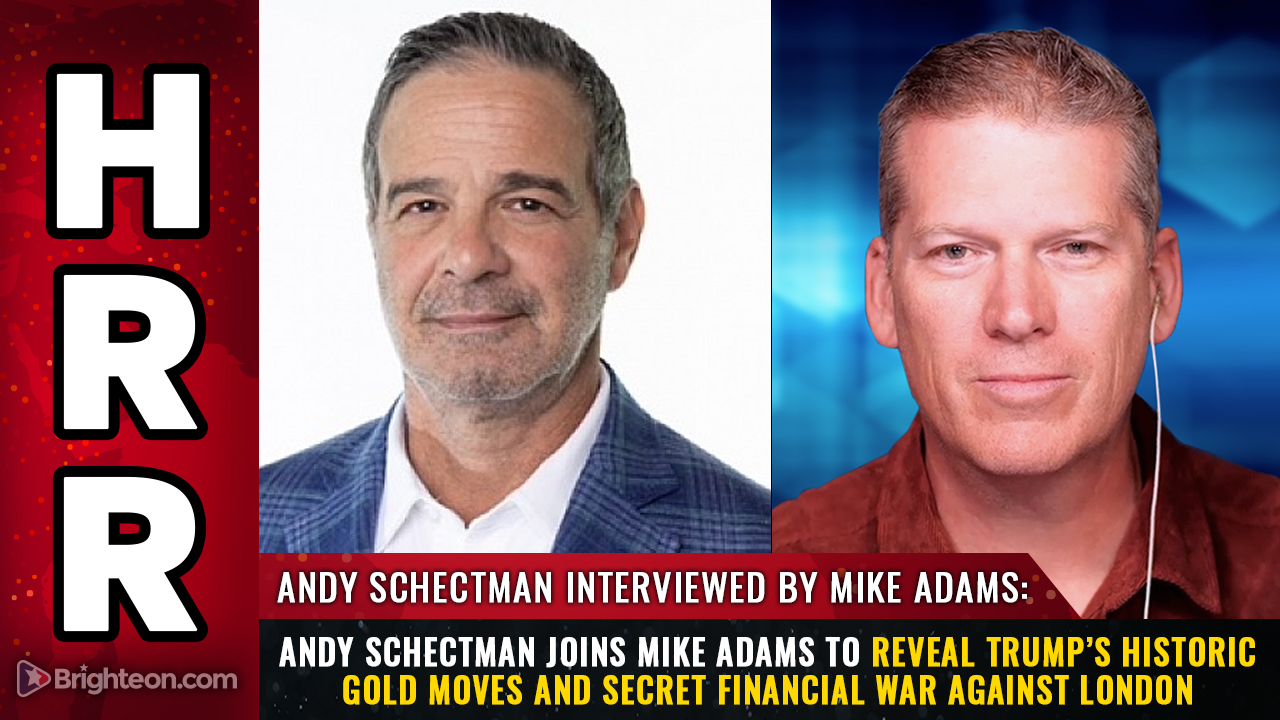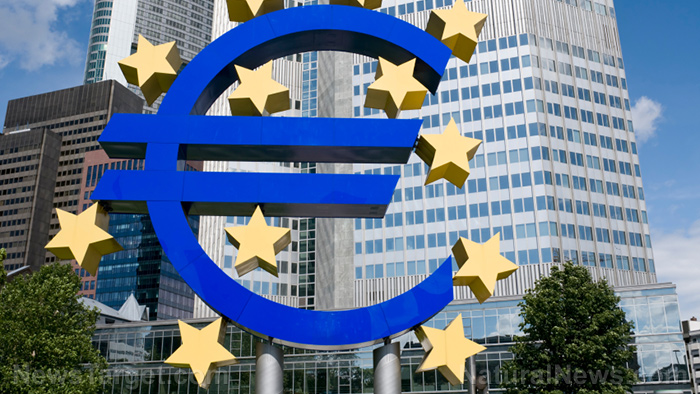 Parler
Parler Gab
Gab
- President Trump plans to impose reciprocal tariffs on countries charging duties on U.S. imports, aiming to protect American industries and workers.
- The strategy seeks to level the playing field by matching foreign tariff rates, incentivizing trading partners to lower their tariffs.
- Critics warn of potential inflation and trade wars, but supporters argue it could boost U.S. manufacturing and create jobs.
- The administration is considering exemptions for industries like automobiles and pharmaceuticals to balance economic disruptions and worker protection.
A push for fair trade
Trump’s reciprocal tariffs are rooted in his long-standing belief that the U.S. has been taken advantage of in global trade. “It’s time to be reciprocal,” Trump told reporters earlier this week. “If they charge us, we charge them.” The president’s approach would require the U.S. to match the tariff rates imposed by other countries on American goods, effectively leveling the playing field. For example, if a country imposes a 20% tariff on U.S. automobiles, the U.S. would respond with a 20% tariff on that country’s auto imports. This strategy, while complex to implement, could incentivize trading partners to lower their tariffs to avoid higher costs for their own exports. While the plan is ambitious, the Trump administration is reportedly considering exemptions for certain industries. U.S. House Speaker Mike Johnson (R-LA) indicated that automobiles and pharmaceuticals could be among the categories treated differently. “I think the White House does have a few categories that would be treated differently,” Johnson said. This more nuanced approach suggests that the administration is mindful of the potential impact on U.S. consumers and businesses. For example, higher tariffs on imported pharmaceuticals could drive up healthcare costs, while tariffs on automobiles could disrupt supply chains for U.S. manufacturers. By exempting these industries, the administration aims to strike a balance between protecting American workers and minimizing economic disruptions.A boost for American workers
Supporters of the reciprocal tariffs argue that the move could provide a much-needed boost to U.S. manufacturing. By making foreign goods more expensive, the tariffs could encourage companies to source materials domestically, creating jobs and revitalizing industries that have struggled in recent decades. “Tariffs can still be used as a bargaining tool to get some concessions from other countries,” said Ryan Sweet, Chief U.S. Economist at Oxford Economics. While acknowledging the risks of inflation, Sweet noted that the strategy could ultimately benefit American workers by forcing trading partners to lower their tariffs or face higher costs for their exports. The announcement comes at a time when inflation is already a concern for American households. Recent data from the Bureau of Labor Statistics showed that consumer prices rose sharply in January, with significant increases in the cost of gasoline, shelter, and eggs. Critics warn that the tariffs could exacerbate these price pressures, but Trump’s economic advisers have downplayed these concerns. Peter Navarro, a Trump trade adviser, argued that tariffs imposed during Trump’s first term did not lead to runaway inflation, with some countries even reducing their prices to avoid losing market share. As the Trump administration prepares to roll out its reciprocal tariffs, the world is watching closely. Although the move carries risks, it also represents a bold attempt to reshape global trade in America’s favor. By leveling the playing field and protecting American industries, the tariffs could deliver meaningful benefits for U.S. workers and businesses. As Trump himself has said, “It’s time to be reciprocal.” Sources for this article include: Reuters.com Reuters.com WDSU.com Fortune.comArgentine president Javier Milei faces impeachment over $107 million crypto scandal
By Cassie B. // Share
Governments continue to obscure COVID-19 vaccine data amid rising concerns over excess deaths
By patricklewis // Share
Tech giant Microsoft backs EXTINCTION with its support of carbon capture programs
By ramontomeydw // Share
Germany to resume arms exports to Israel despite repeated ceasefire violations
By isabelle // Share










